Energy, one of the many Physics phenomena that we cannot live without. For us living in civilized, urbane residences, energy is very much seen and felt. It manifests itself in the household appliances that we use. You have your lights that shine and illuminate the inside and outside of your home.
You have your refrigerator that keeps your beverages cool while also making sure your food is fresh and edible. You got water heaters which allow you to take a bath even at near-freezing temperatures. All your appliances, they are able to run thanks to energy.
Understanding The Energy Factor (EF)
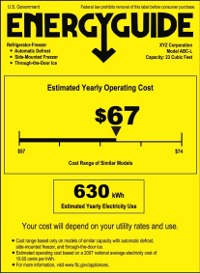 If you might notice, nearly all the appliances enumerated above have a conspicuous marking on their label known as an Energy Factor. The Energy Factor label is even more glaring when you buy an appliance brand new at a specialty store, such as those found in shopping malls which cater to a specific brand.
If you might notice, nearly all the appliances enumerated above have a conspicuous marking on their label known as an Energy Factor. The Energy Factor label is even more glaring when you buy an appliance brand new at a specialty store, such as those found in shopping malls which cater to a specific brand.
Appliances like refrigerators and water heaters have their Energy Factor labels right in front and center, where almost any prospective buyer can easily see. But the question is, what exactly is this Energy Factor?
In its simplest manner of explanation, the Energy Factor label of any appliance refers to its energy efficiency. When we speak of energy efficiency, it is the rate by which how an appliance uses the energy it derives from a source and uses it to power itself in order to function and be of use.
Most appliances who have Energy Factor labels are those who rely on electricity. There are some appliances also which have an Energy Factor label but are powered by another energy source like natural gas. A good example would be stoves and dryers.
Now why should you be interested in the Energy Factor of an appliance? Some of these appliances already have complicated menus and controls, and bringing in another concept to understand which the Energy Factor is added burden to you as a consumer.
Knowing and understanding the Energy Factor is important because it will help you understand how each of your appliances use and consume energy and how it will ultimately affect your monthly energy costs. Just like people, appliances are not perfect. They all experience an amount of energy loss whenever they are turned on.
Energy loss occurs much more in appliances that deal with temperature change like refrigerators and water heaters. As these appliances consume energy to make things hot or cold, they will lose and waste energy along the process. And by the way, you are still paying for this lost and wasted energy in your next bill!
Without going into the deeper and complex intricacies of the Energy Factor (this requires understanding concepts and computing formulas in Thermodynamics), you can actually save a significant amount on your household budget by knowing and understanding about the Energy Factor on appliances. You also will be able to preserve and extend the useable life of each appliance.
Old Age Equals Less Energy Efficiency
Just as old car models consume more gas, old appliances are bad in Energy Factor rating and ultimately, energy efficiency. Now you might immediately conclude that an old appliance is less energy efficient. In a manner of speaking, yes.
When we talk of old appliances here, we refer to those before the start of the 21st century. Most of the manufacturers of these appliances were not very particular with energy consumption and efficiency. You have refrigerators with oversized motors, air-conditioners with large Freon tubes, and water heaters that tried to heat and boil water in just a couple of minutes. There were no Energy Factor labels back in those times, and using appliances from this generation required much energy.
Part of the reason why nearly every appliance today has an Energy Factor label was because government enacted laws that required every appliance manufacturer to conform to industry standards. Increasing energy efficiency and minimizing energy loss became a must.
As the human population continued to grow and the energy requirements of each household increased, appliances needed to be more energy efficient. Hence, every brand new appliance today has an Energy Factor label which means it conforms with laws and regulations on energy efficiency.
If you happen to belong to a household that uses appliances more than a decade old, it would be a good idea to invest in a new one. The initial purchase cost required to get a new appliance can be easily offset by the Energy Factor it possesses. It will save you energy costs, compared to if you keep on using the old appliance you have.
Bigger Size, Bigger Consumption, Smaller Energy Factor
It would really be nice if each one of us could afford centralized air-conditioning and heating. You wake up in the morning with a very cozy feeling and you always sleep soundly at night. Whether it is freezing outside or blazingly hot, the temperature inside your home is always just right.
Probably the only way to achieve that fantasy is to get air-conditioners or room heaters of the industrial type. These appliances have larger than usual motors and more complicated electronics running inside their circuit boards. Even if these appliances utilize modern technologies that incorporate a high Energy Factor, their sheer size makes it really expensive to use and maintain them.
Aside from taking note of how energy efficient an appliance is, consider also the place where you will use it. An air-conditioner or a heater with a motor of 2 horsepower or more can regulate the temperature of a 6-person room.
That means if the room is much smaller, you are better off getting a unit with a smaller motor rather than sticking to the 2 horsepower model. Even if the latter might have a better Energy Factor, it will still cost you more.
As a final word, some appliances that use natural gas can have a better Energy Factor rating that those use electrical power. Part of the reason is the easier process to transport natural gas over great distances as compared to electricity. Stoves and dryers are two examples that make use of natural gas.

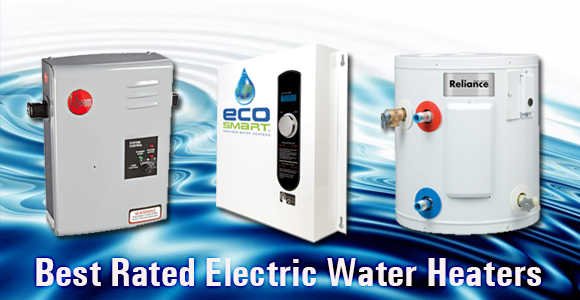
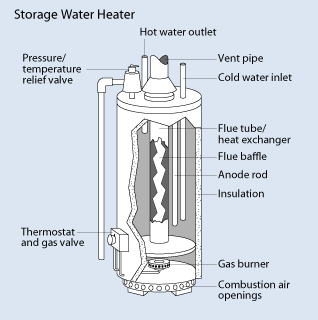
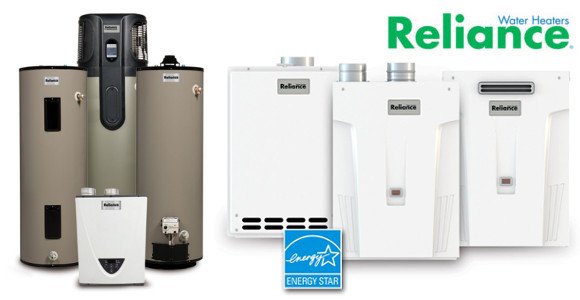
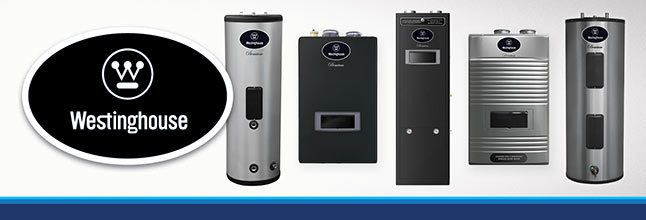

Be the first to comment on "The Energy Factor (EF) And How It Affects Your Overall Energy Costs"